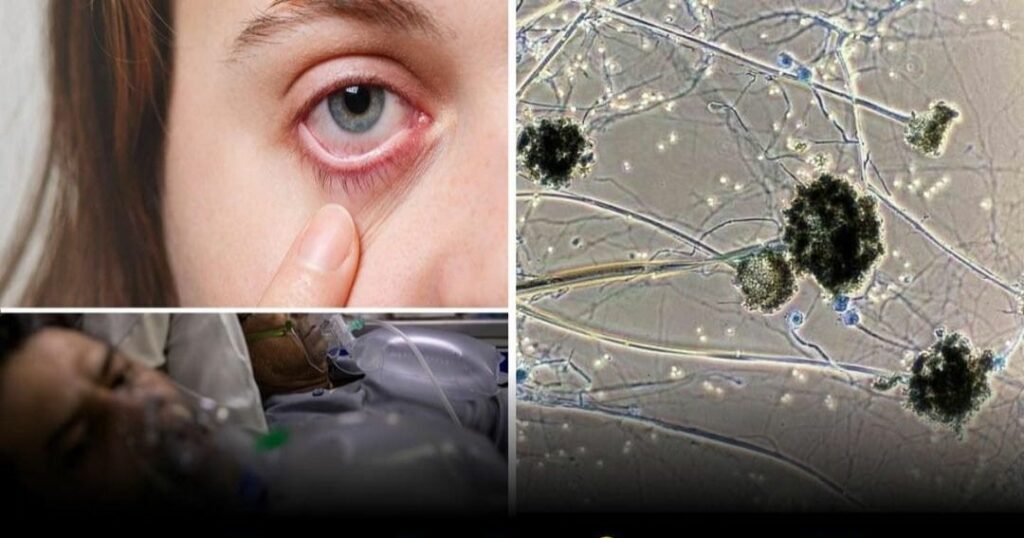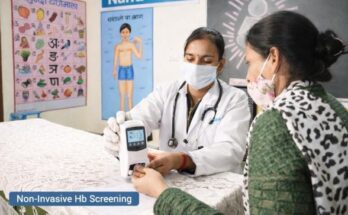
Dr Swati Tamaskar
Mucormycosis, a fungal infection, is being reported in a few COVID-19 patients during or post recovery. As per a statement given by the Health Minister of Maharashtra two days ago, more than 2000 people had already been affected by this fungal infection in the state; 10 people had even succumbed to it. Some patients even lost their eyesight.
Mucormysis is a fungal infection of Molds called “Mucormycetes”. It commonly affects sinuses, eyes Brain, Lungs Gastrointestinal tracts, skin and other organs of body. Commonly found in soil, plants, manure, decaying plants and vegetables, the opportunistic infection is also found in air, nose and mucous of healthy individuals; affecting people with low immunity but does not affect normal healthy persons.
The disease is being detected among patients who are recovering or have recovered from COVID-19. Moreover, anyone who is diabetic and whose immune system is not functioning well needs to be on the guarded. People who have Diabetes, Cancer, HIV/AIDS, Tuberculosis, Organ Transplant, Immuno-compromised patients and patients on steroid treatment are affected by this disease.
In normal course, our body’s immune system successfully fights such fungal infections. However, we know that COVID-19 affects our immune system. Moreover, the treatment of COVID-19 patients involves intake of drugs like dexamethasone, which suppress our immune system response. Due to these factors, COVID-19 patients face a renewed risk of failing the battle against attacks mounted by organisms such as mucormycetes.
In addition, COVID patients undergoing oxygen therapy in ICU, where humidifier is used, are prone to fungal infection because of exposure to moisture. But this does not mean that every COVID patient will get infected by Mucormycosis. The disease is uncommon in those not having diabetes but can be fatal if not treated promptly. Chances of recovery depend upon early diagnosis and treatment.
The disease could be diagnosed by fungus examination of swab of discharge from the affected area, cytology and biopsy from the involved tissue for fungus examination and culture for fungus from the discharge/tissue.
While the infection may just begin with a skin infection, it can spread to other parts of the body. Treatment involves surgically
removing all dead and infected tissue and intravenous Amphotericicn B injection for 8 weeks. Since it affects various parts of the body, treatment requires a team of microbiologists, internal medicine specialists, intensivist neurologists, ENT specialists, ophthalmologists, dentists, surgeons and others.
Controlling diabetes is one of the foremost prevention methods suggested by ICMR. Hence, COVID-19 patients who are diabetic need to take utmost care. ICMR in its guidelines has also advised COVID-19 patients to discontinue immunomodulating drugs, a substance that stimulates or suppresses immune system. The National COVID-19 Task Force has revised the dosage of Tocilizumab to prevent any such adverse effects. Maintaining proper hygiene can also help keep the fungal infection away.
For patients on oxygen therapy, it should be ensured that the water in the humidifier is clean and is refilled regularly. Attention should be paid to ensure there is no leakage of water (to avoid wet surfaces where the fungus can breed). Patients should maintain proper hygiene by keeping their hands as well as body clean.
After recovering from COVID-19, one should closely monitor and should not miss any warning signs and symptoms mentioned above, as the fungal infection is found to emerge even weeks or months after recovery. One should make judicial use of steroids as per doctor’s advice to avoid risk of infection. Early detection of the disease can ease the treatment of the fungal infection.
(The author is a consultant Ophthalmology based in Raipur, Chhattisgarh)



